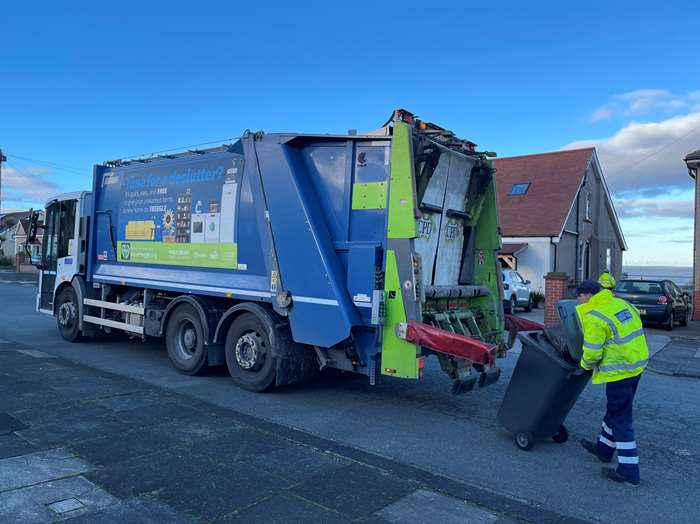A survey earlier this year organised by WRAP indicated that there was a little over 50 tonnes of batteries collected in 2004.
Chris Davey, WRAP's local authority relations manager, has said that even if every authority collected batteries at the current rate of collection there would not be enough collected to meet the targets of the Battery Directive – expected to become UK legislation in 2008.
” We need to make batteries a material that is collected, not just something that we do every now and then because it seems like a nice thing to do “
– Chris Davey, WRAP
Still to be finalised at EU level, the Directive is expected to set targets of collecting 25% of batteries the batteries disposed of in 2012, rising to around 45% by 2016. The UK currently produces an estimated 25,000 tonnes of waste batteries per year.
In order to give the UK a head start before the Directive begins to take shape, WRAP is to fund trial services for the recycling of batteries. The trial will be organised into three separate sections – collection, transport and sorting – with a tender put out for each category.
Mr Davey said: “We have put out an expression of interest for the organisation of trial kerbside collections for batteries and we hope to award about 10 of these across the UK. We want at least one company to provide transport for the batteries to a chosen sorting company that will pass the batteries on to reprocessors, we have open tenders out for both of these.”
Expansion
The deadline for submissions to WRAP is October 10, 2005 and Mr Davey said that he wanted the trials to start as soon as possible. “Some of the trials may be expansions of current schemes and these may be up and running by December. For others we would want them to at least have made a start by the end of the financial year,” he said.
| Related links: |
Mr Davey said that he wanted to come away from the trial with a suitable collection process that can be taken nationwide once the Battery Directive comes into UK legislation.
He said: “We need to make batteries a material that is collected, not just something that we do every now and then because it seems like a nice thing to do. Following this trial I hope to be able to go to the government and tell them what works and what doesn't work. Ideally we want a system that can be easily expanded nationwide.”









Subscribe for free